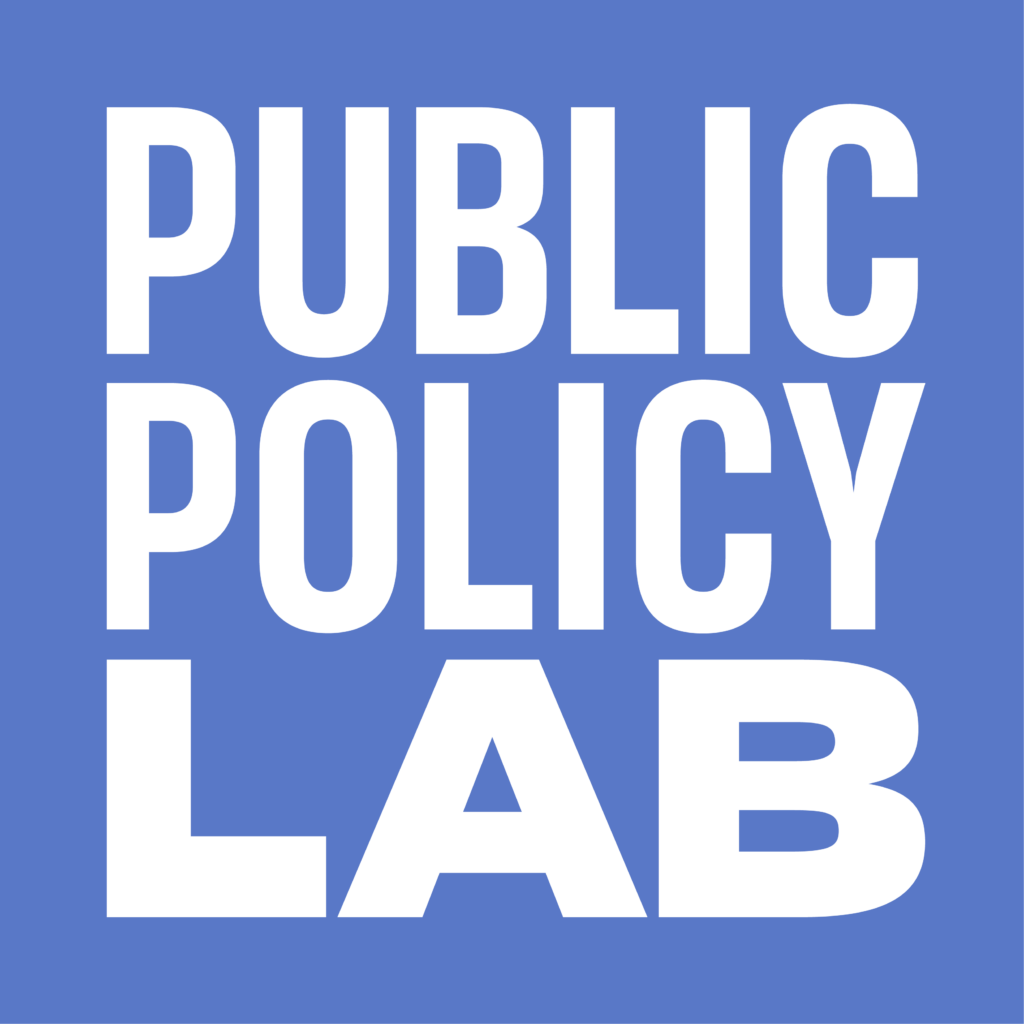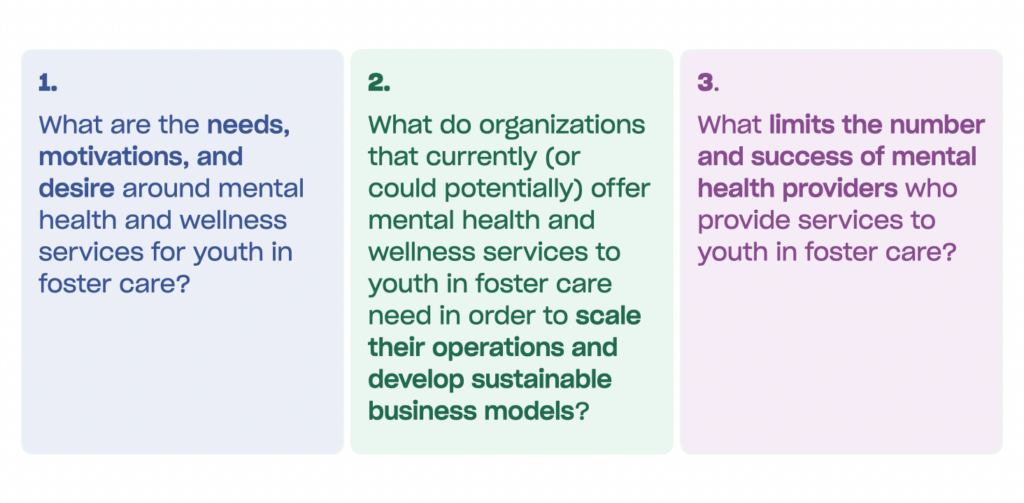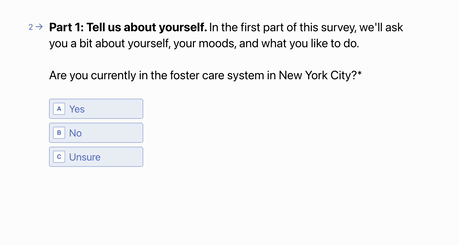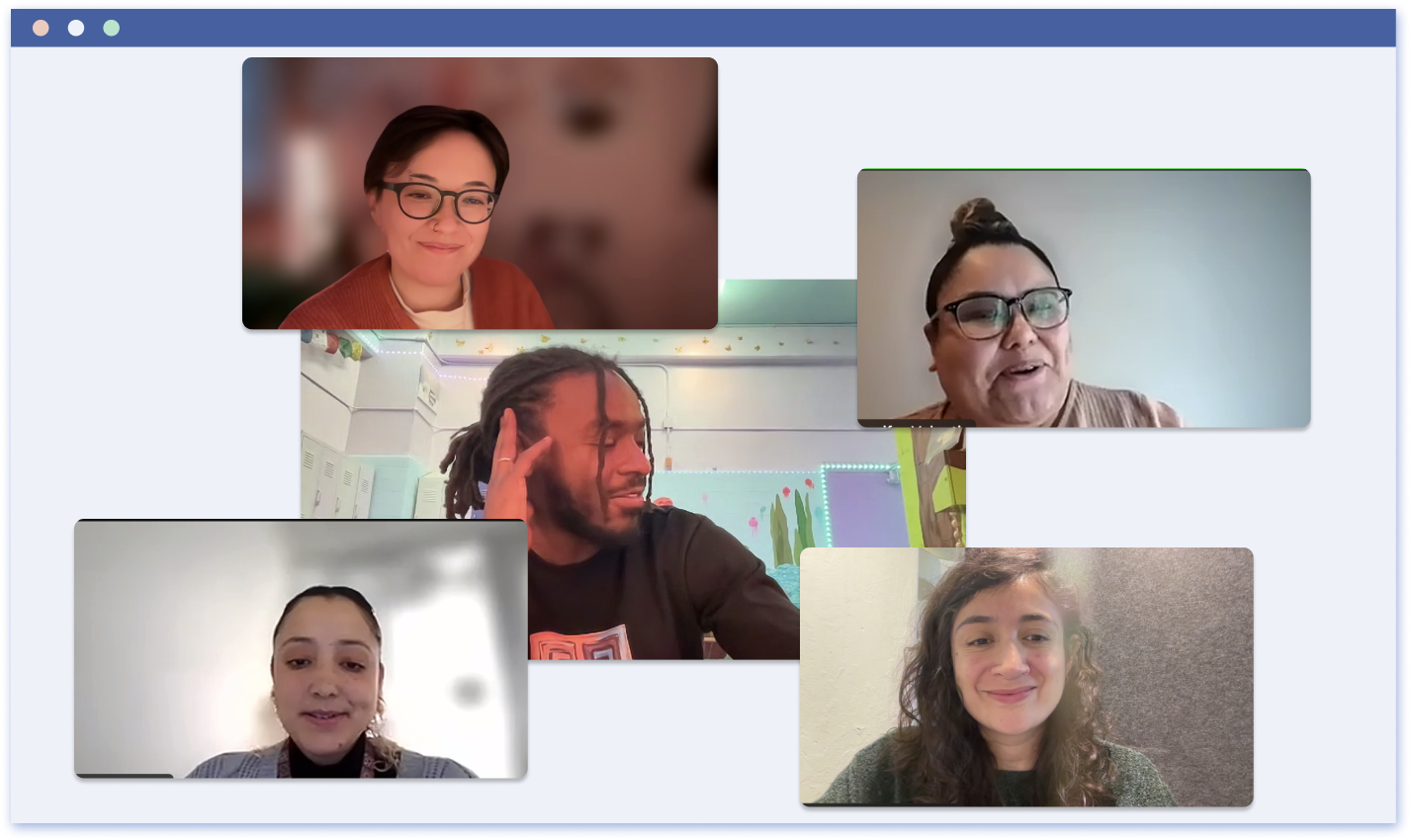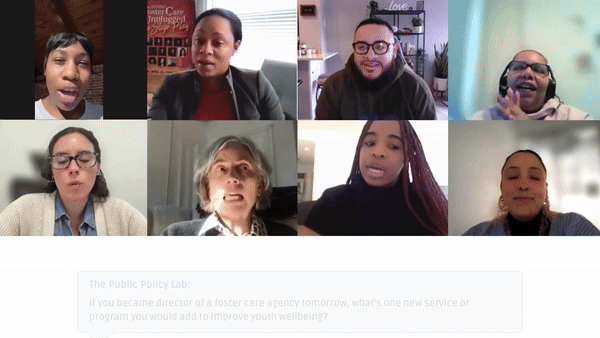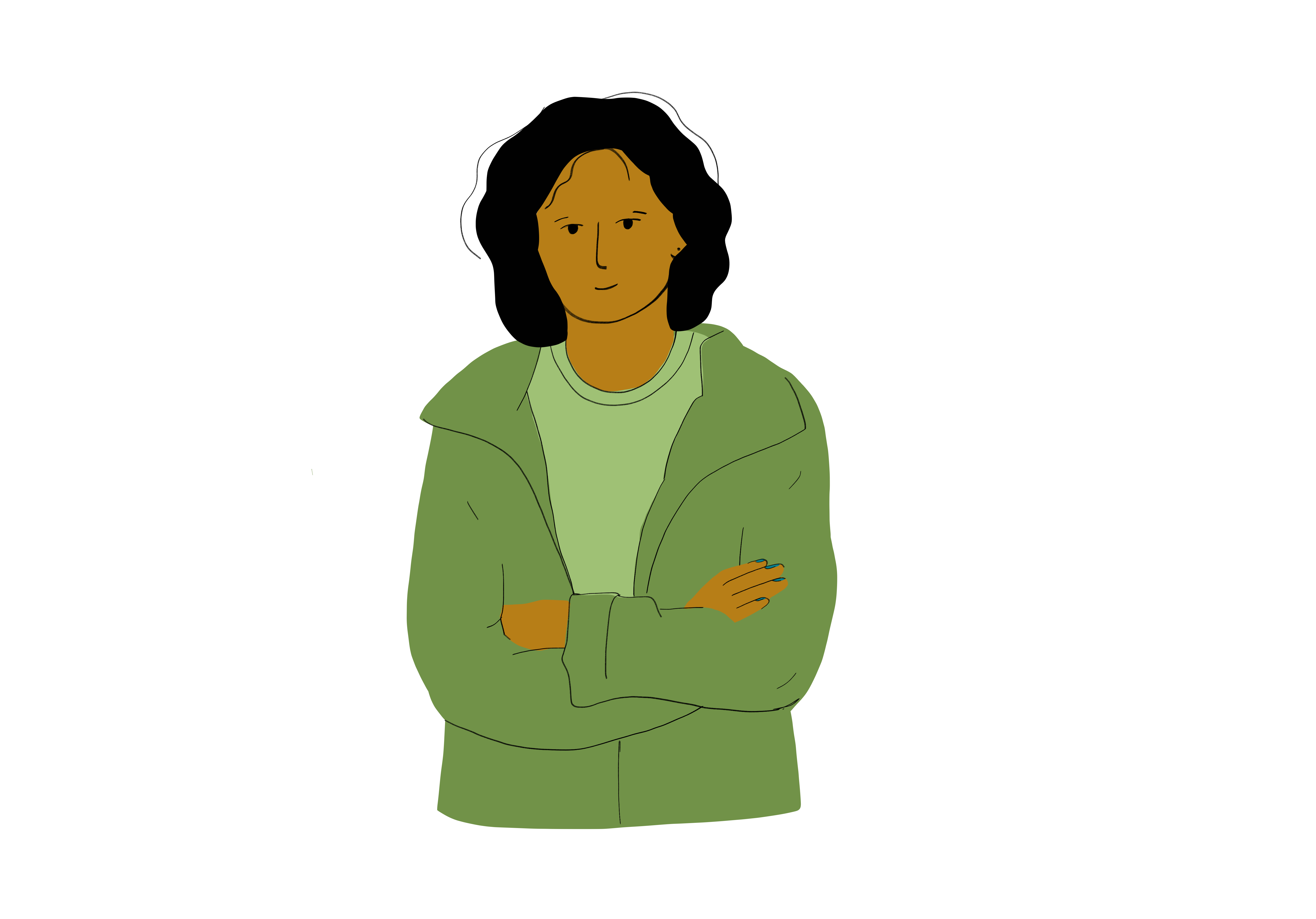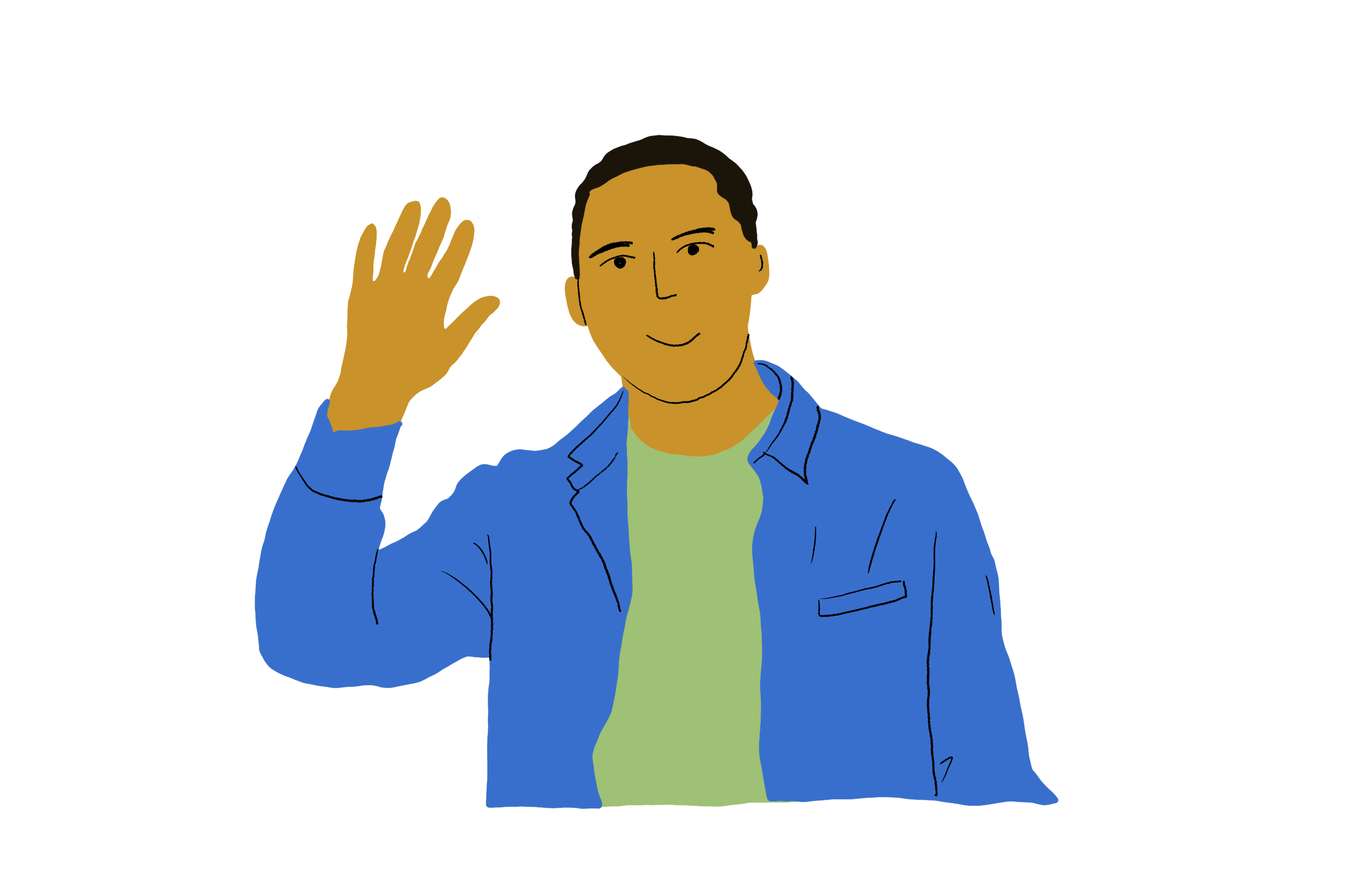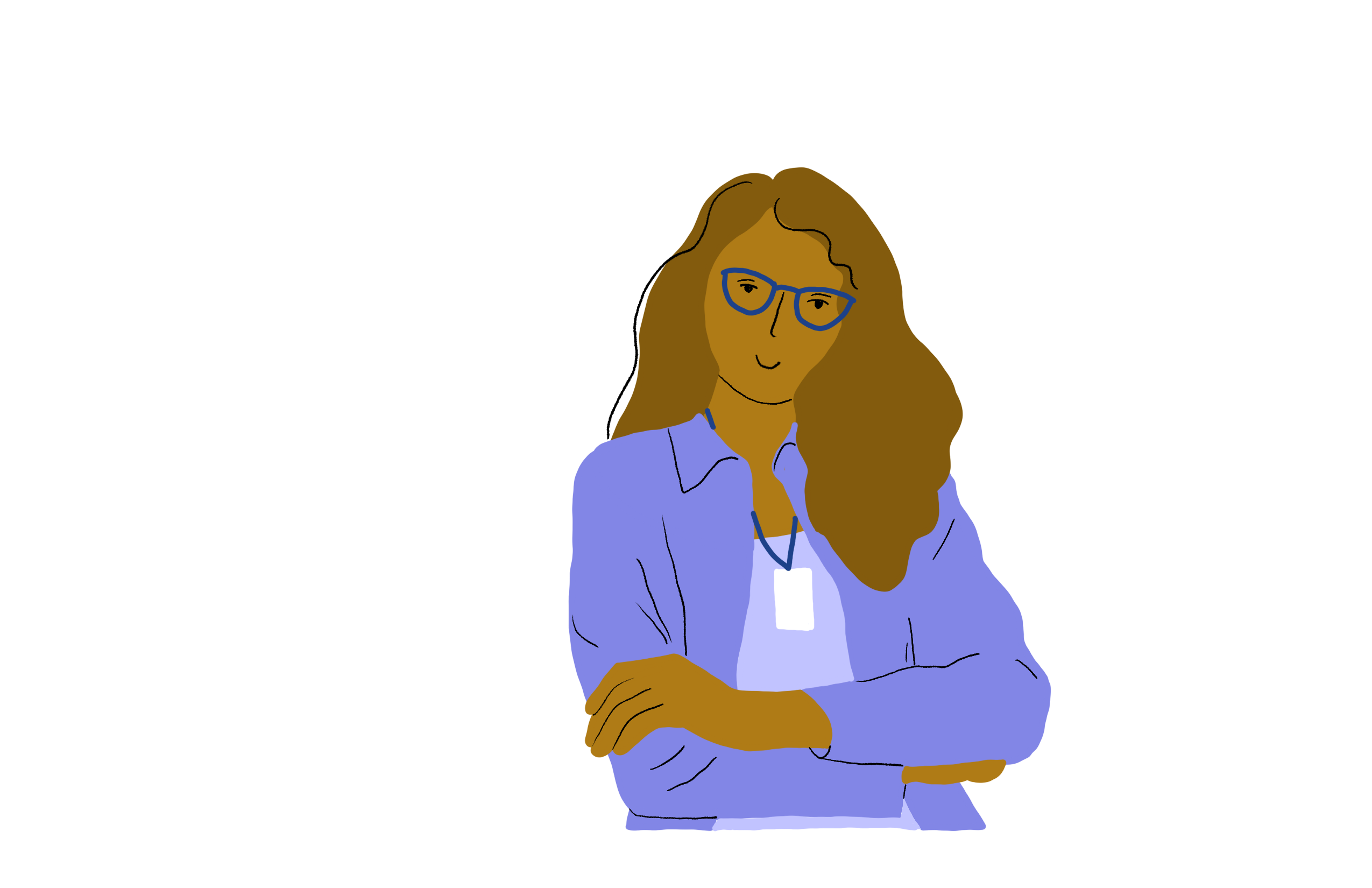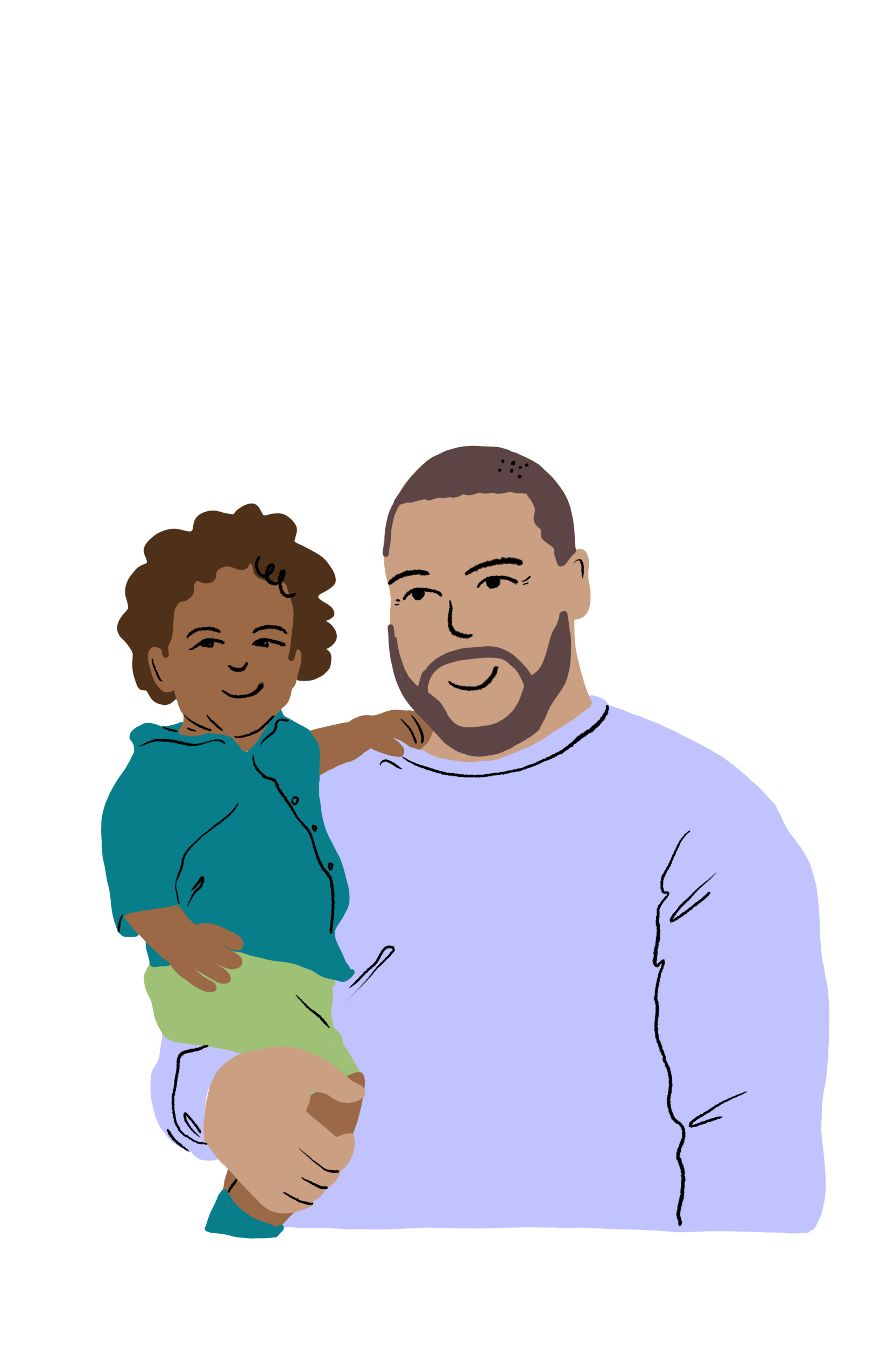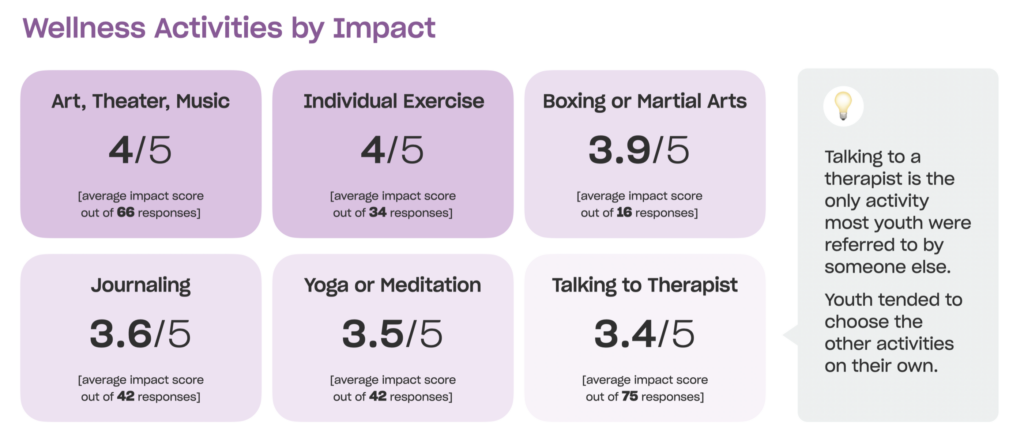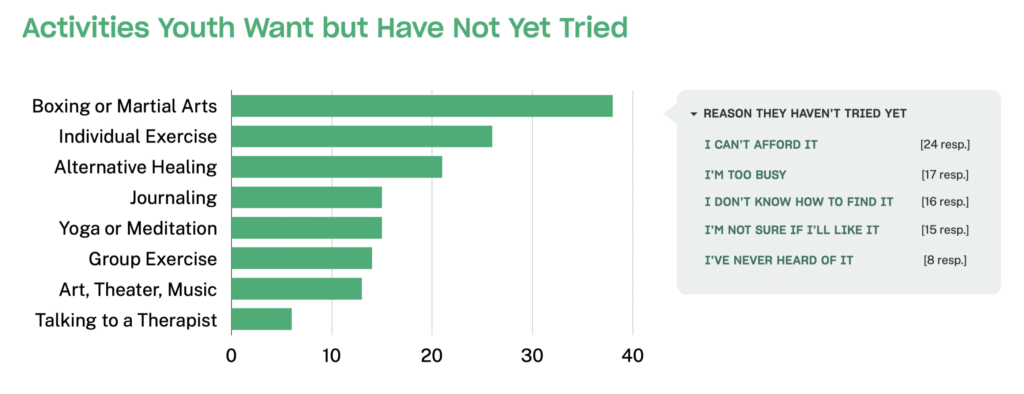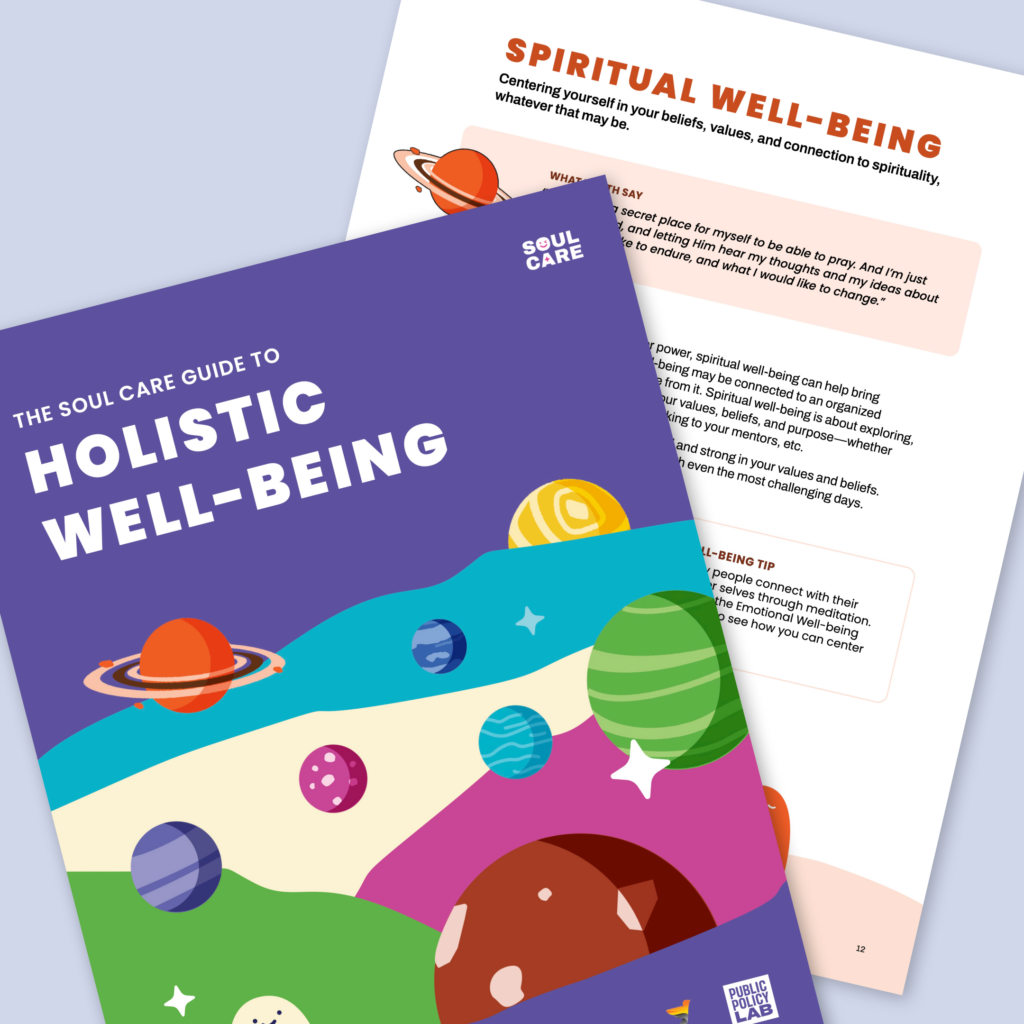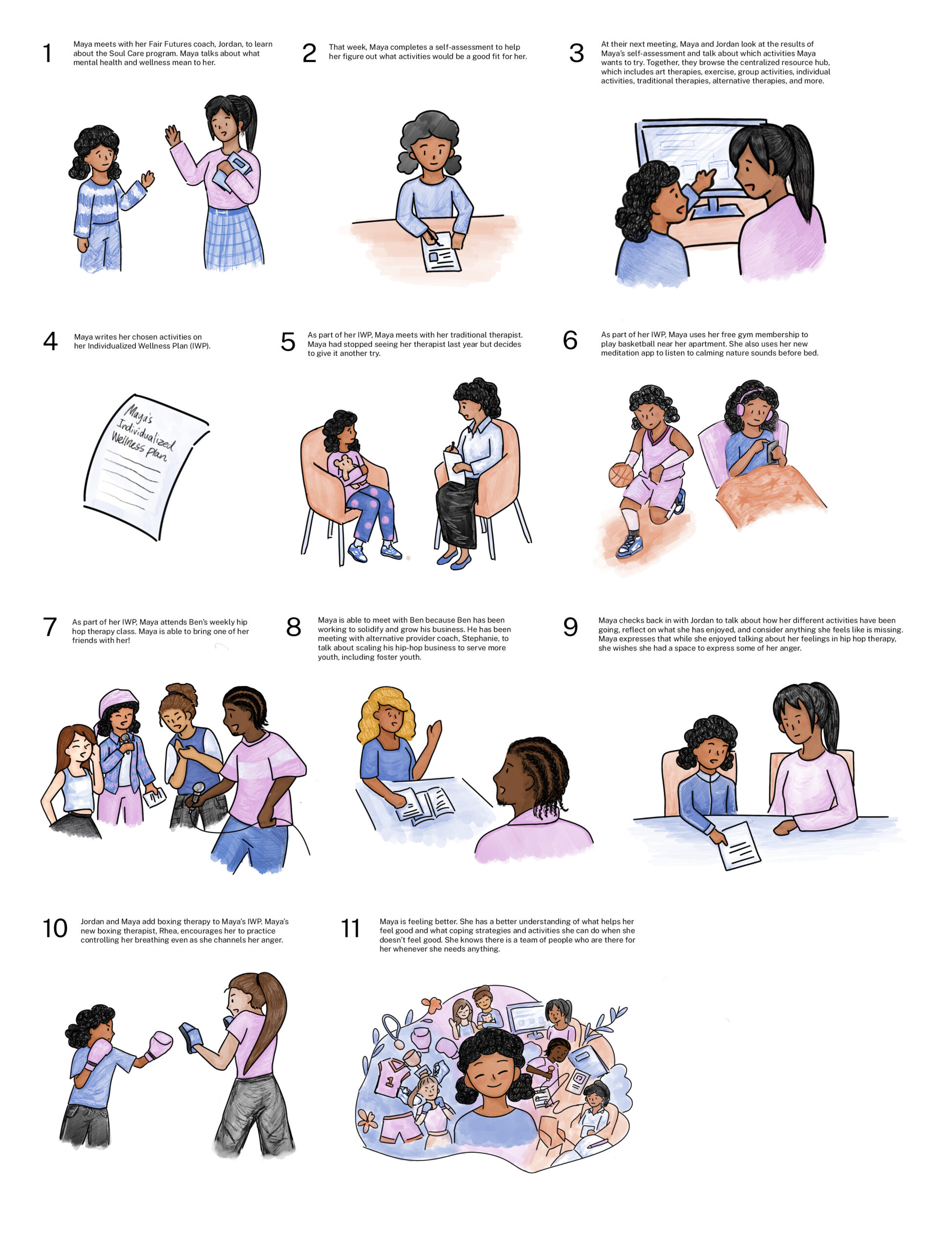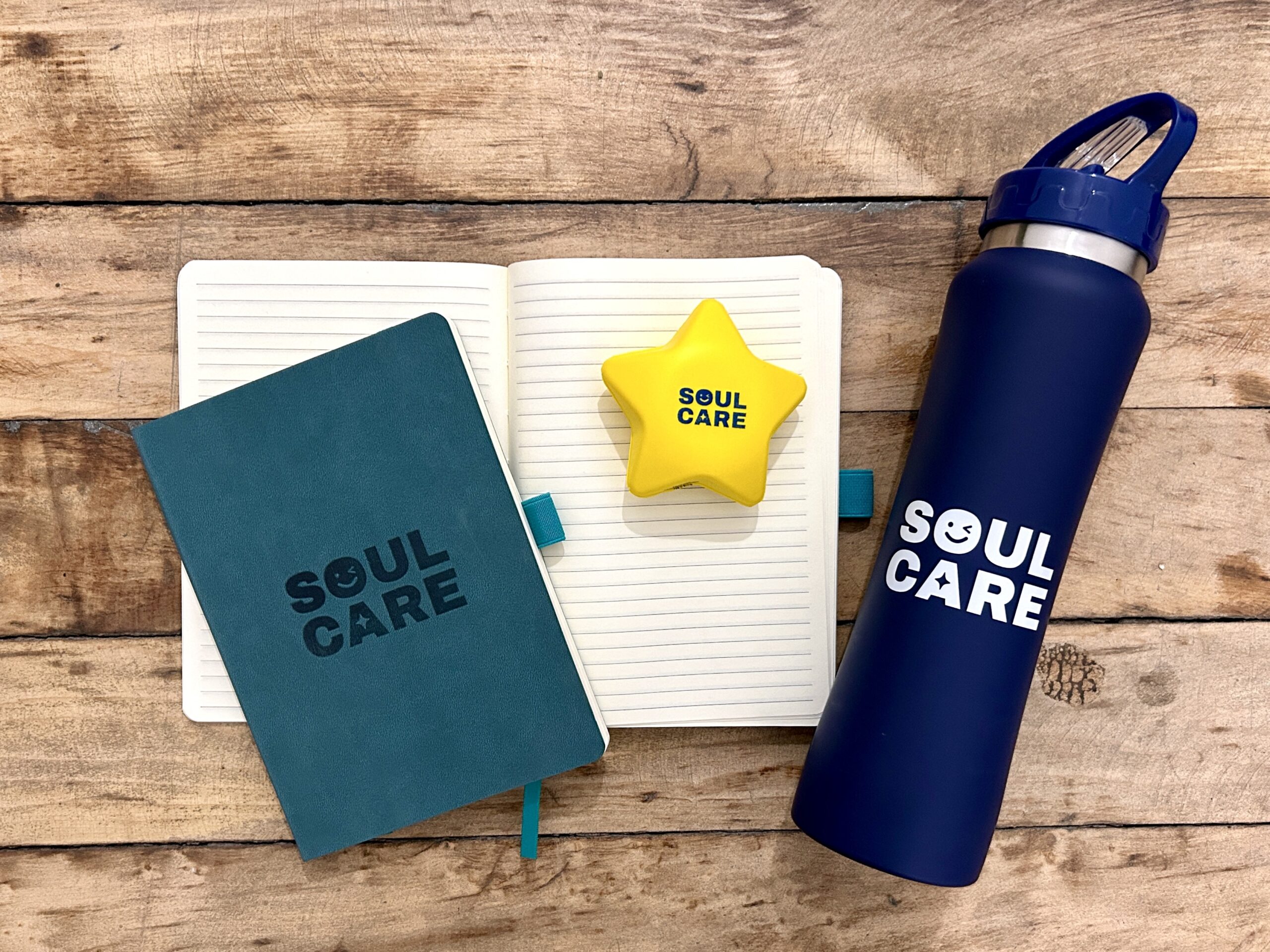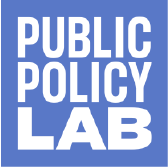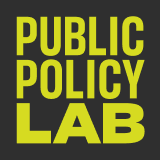Soul Care
How can young people in foster care access more culturally responsive mental health and wellness offerings?
Partners & Funders
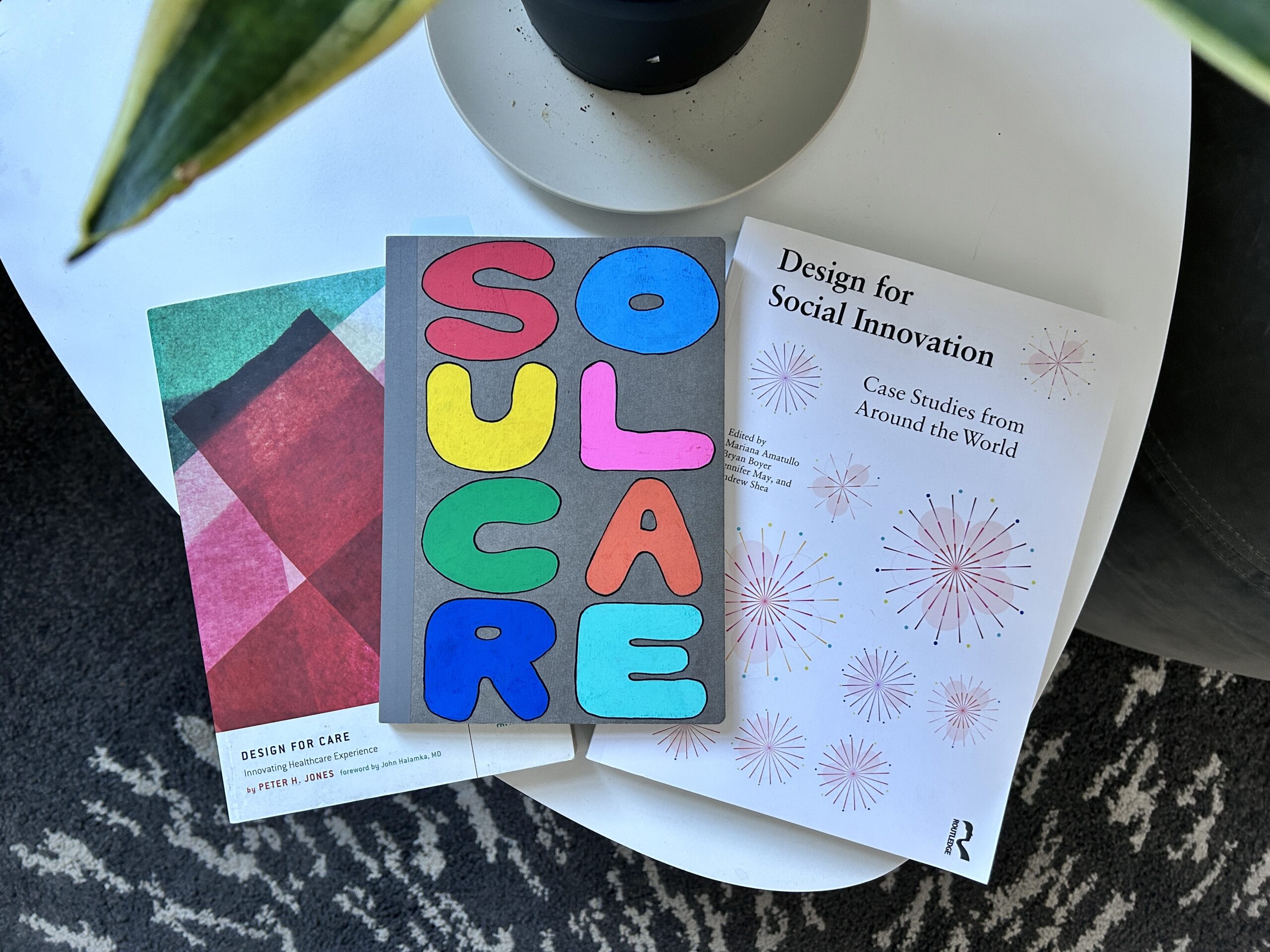
The Project
Young people in foster care in New York City often struggle to access culturally responsive, long-term mental health services. PPL is partnering with four organizations on a three-year project to enhance and diversify mental health and wellness offerings for these young people.
The Outcome
In collaboration with young people in foster care themselves, we will design programs, tools, and communications to increase access to services, to support community-based organizations in scaling their operations, and ultimately to improve mental health outcomes for young people in NYC foster care.
Soul Care

How can young people in foster care access more culturally responsive mental health and wellness offerings?
Partners & Funders
The Project
Young people in foster care in New York City often struggle to access culturally responsive, long-term mental health services. PPL is partnering with four organizations on a three-year project to enhance and diversify mental health and wellness offerings for these young people.
The Outcome
In collaboration with young people in foster care themselves, we will design programs, tools, and communications to increase access to services, to support community-based organizations in scaling their operations, and ultimately to improve mental health outcomes for young people in NYC foster care.
